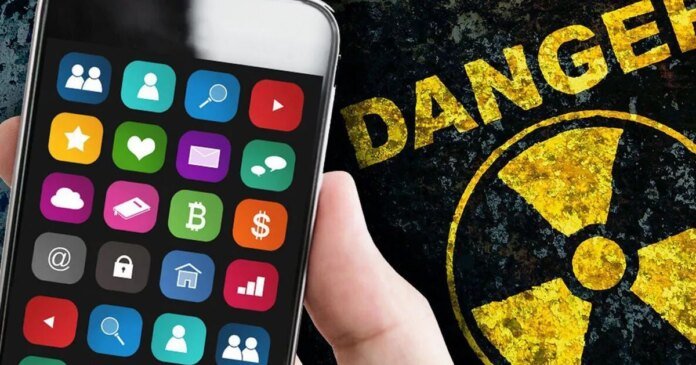Smartphone users should be cautious of a concerning new trend that could result in financial losses due to hackers exploiting popular QR codes. Cybercriminals are increasingly using QR codes to deceive unsuspecting individuals, leading to the compromise of personal information and banking details.
The rise of these malicious activities, termed “quishing,” has been highlighted by the team at Action Fraud, who warn that such attacks are becoming more prevalent and causing significant financial harm to victims annually.
Criminals are commonly targeting car parks by affixing fake stickers to genuine QR codes on parking machines to carry out their schemes.
Additionally, quishing is occurring on online shopping platforms, where individuals may receive QR codes via email to confirm accounts or receive payments for items sold.
Claire Webb, Acting Director of Action Fraud, emphasized the prevalence of QR codes in daily life for various purposes such as making payments or verifying online accounts. However, she noted that cybercriminals are increasingly exploiting quishing tactics to deceive the public into divulging personal and financial information.
To prevent falling victim to quishing attacks, individuals are advised to exercise caution before scanning QR codes. It is essential to scrutinize QR codes in public spaces for signs of tampering, as well as to be wary of emails or messages containing suspicious codes.
Action Fraud has issued recommendations to enhance security, including refraining from using QR code scanning applications from unofficial app stores. Users are advised to utilize the QR scanner provided by their smartphones rather than downloading third-party apps.
Further safety tips include exercising caution when encountering QR codes in emails and always verifying the authenticity of codes, especially in public settings.
“Scanning QR codes in open spaces, such as stations and car parks, carries higher risks. Individuals should be vigilant for signs of tampering, often indicated by a sticker placed over the legitimate QR code. When uncertain, it is advisable not to scan the codes,” advised Action Fraud.
While QR codes offer convenience, users are urged to exercise caution and verify the legitimacy of codes before scanning them on their smartphones.
At Reach and across our entities we and our partners use information collected through cookies and other identifiers from your device to improve experience on our site, analyse how it is used and to show personalised advertising. You can opt out of the saleor sharing of your data, at any time clicking the "Do Not Sell or Share my Data" button at the bottom of the webpage. Please note that your preferences are browser specific. Use of our website and any of our services represents your acceptance of

